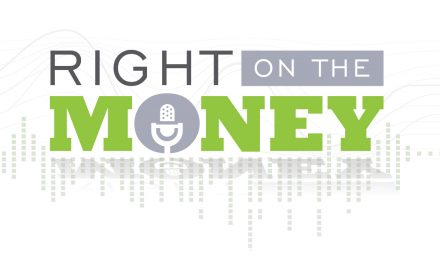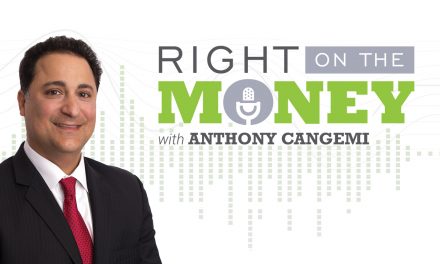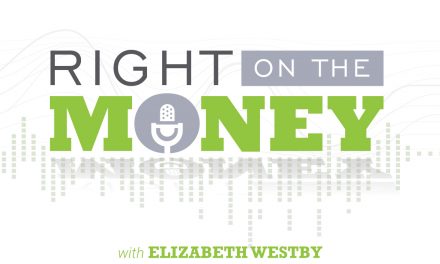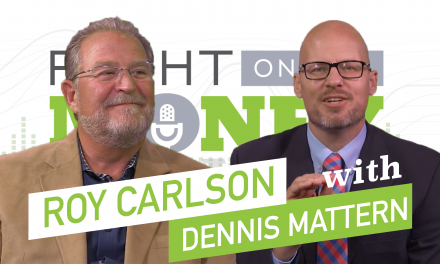Documenting Your Wishes for Generations to Come
One of the largest differences between a will and a trust is a trust must be funded in order to work. Funding the trust is the process of transferring your assets into the name of the trust so the trust becomes the owner. This is how all of your assets are pooled together for easy administration. Without funding, the trust cannot work effectively.
In basic terms, a will speaks upon death, meaning you have to wait until you die to benefit from the document. A trust is a living, breathing, flexible document that can help you during your lifetime and last for years after you have passed.
With a will, you are not avoiding probate, and you can do no more than determine who gets what when you die. A trust has the ability to provide a streamlined process in administering your estate. Your family will have access to funds quicker, it is a private proceeding because you are avoiding probate, and you don’t have to die to benefit. With a trust, you can maintain control of your estate and your loved ones can have the security knowing your plan is there for them even after you are gone. Watch the interview with estate planning attorney Elizabeth Westby on having a will and the trust documents to protect your assets.
There’s seems to be two common situations. The first: people will spend the time and money creating a trust, but they fail to fund it. When you don’t fund the trust, you are forfeiting the benefits. You have essentially spent money and time on an empty vessel. All of the materials were there, but they weren’t activated.
The second: someone creates a trust, funds it, but never has it reviewed. Things change throughout our lifetimes, property is bought and sold, assets change, life circumstances shift. If these changes are not reflected in the trust, again you have a partial working plan. If portions are funded and some are not, the ones that are not will still need to be probated.
One of the first steps is interviewing estate planning attorneys and selecting one on the basis of confidence, cost and being there for your family in the future. The second step (and this can save you real money) is collecting all your financial documents, retirement accounts, household items, cars, debt and mortgages for easy reference. Listing your assets by title with associated account numbers is a good place to start. Often the harder issues are child guardianship, health care directives and the personal effects of your parents. Most estate planning attorneys have fact finders or asset-collection workbooks to help you organize your life, which will come in handy at your death.
Syndicated financial columnist Steve Savant interviews estate-planning attorney Elizabeth Westby on the basics of estate planning, creating a will and installing appropriate trusts. Right on the Money is a weekly financial talk show for consumers, distributed as video press releases to 280 media outlets nationwide.





